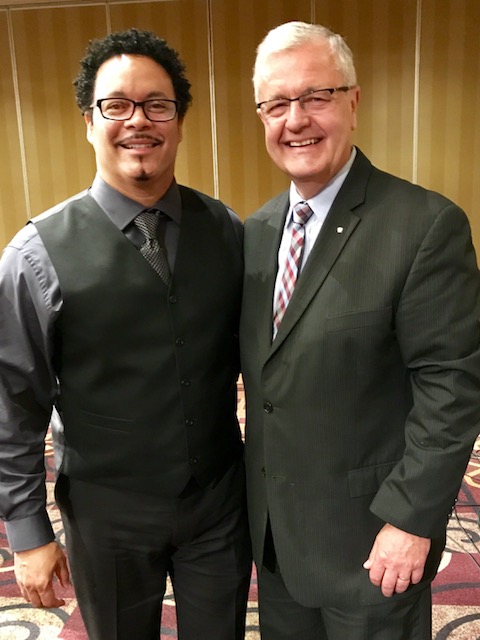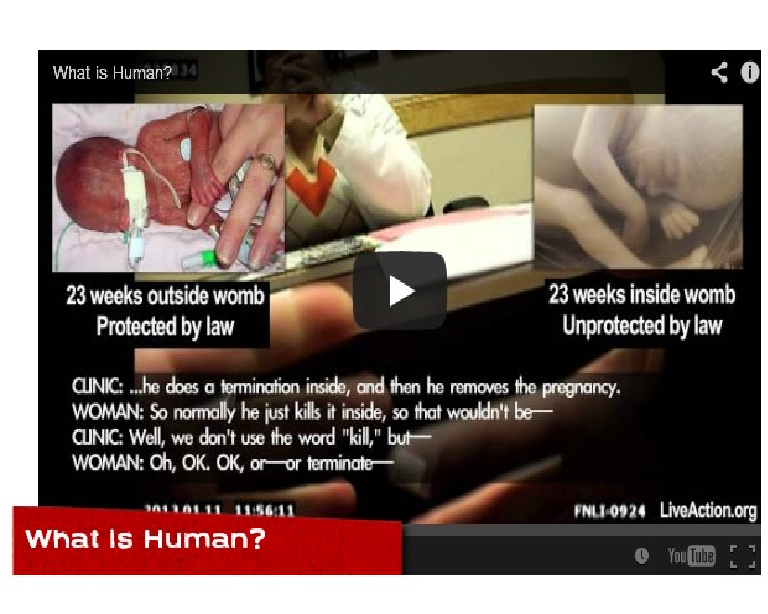At what point should humans’ right to life be protected? The moment of conception? After the first trimester? Viability? After birth?
Two abortion-related stories in the news point to this key question in the abortion debate.
First, the trial of abortionist Kermit Gosnell in Philadelphia. Right now, jurors are considering, among  other things, whether he is guilty of murdering seven newborn babies. Gosnell, rather than perform complicated late-term abortions, allegedly preferred to cause his patients to give birth to a live baby. Then he would snip the baby’s spinal cord to kill it.
other things, whether he is guilty of murdering seven newborn babies. Gosnell, rather than perform complicated late-term abortions, allegedly preferred to cause his patients to give birth to a live baby. Then he would snip the baby’s spinal cord to kill it.
Gosnell faces murder charges for allegedly killing live newborn babies. Would he be on trial for the murder of these babies if he had instead killed them while they were still inside the womb? Maybe for performing illegal late-term abortions, but not for their murders. (Gosnell also faces an eighth murder charge in the death of a female patient. Read more about her here.)
This doesn’t seem right if you think about it. In its mother’s womb, a baby does not have a right to life, but move the baby several inches and suddenly our laws require that it be protected. Why should a human being’s location determine whether it has the right to life?
Meanwhile, in Florida, legislators have proposed a new law to protect infants born alive after a failed abortion. According to Florida Right to Life:
“The debate lingered as many stated, ‘It was a woman’s right to choose, even in a case of a botched abortion.’ Planned Parenthood, the ACLU, League of Women Voters, United Women’s Organization, and others spoke to OPPOSE treating infants that are born alive during an abortion procedure.”
Here, pro-abortion groups base the baby’s right to life on its wanted-ness. But this argument doesn’t make sense either. If the mother of a 3-month-old infant decides that she no longer wants her baby, she cannot choose to kill it, either by force or neglect. Why should it be any different for a baby born alive after a failed abortion attempt? Or the baby still in her womb?
Most arguments for legalized abortion become pretty shallow when we cut them down to the core. The only logical and scientifically-based answer to the question “At what point should humans’ right to life be protected?” is the moment of conception.



